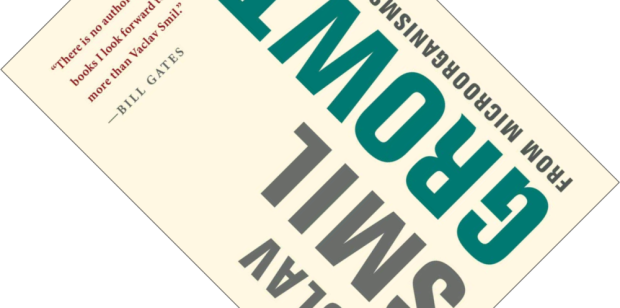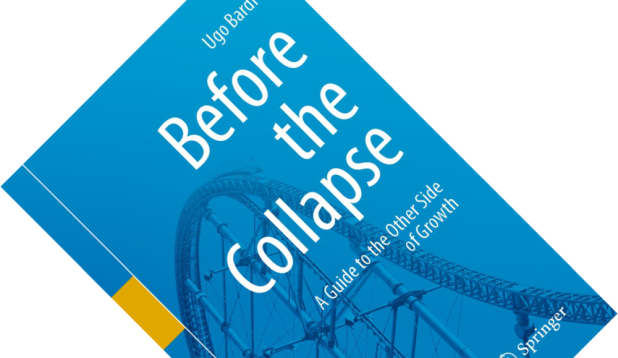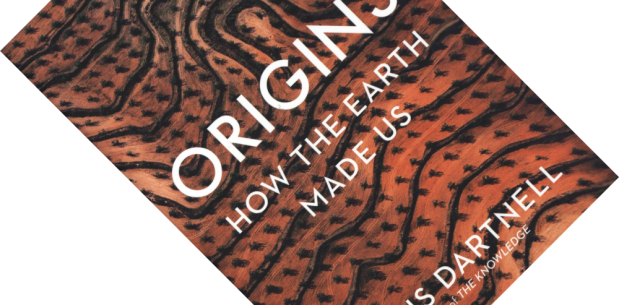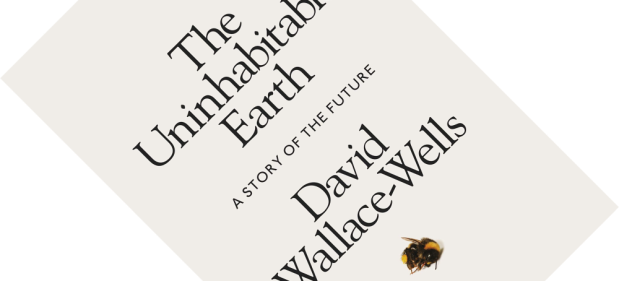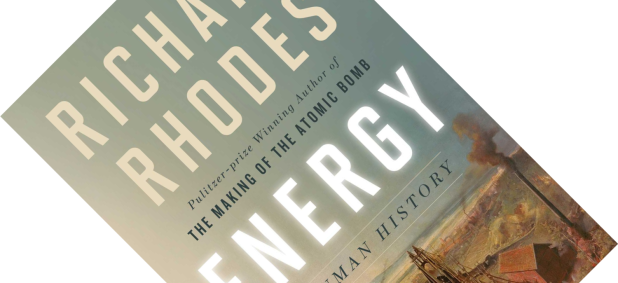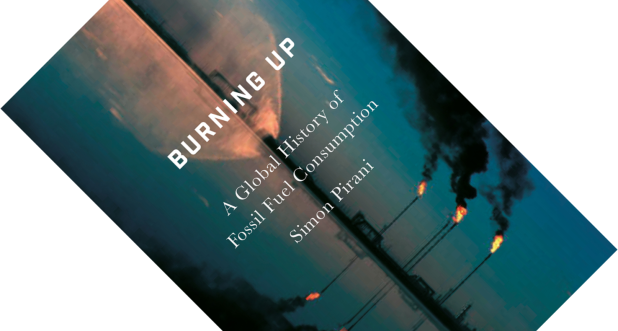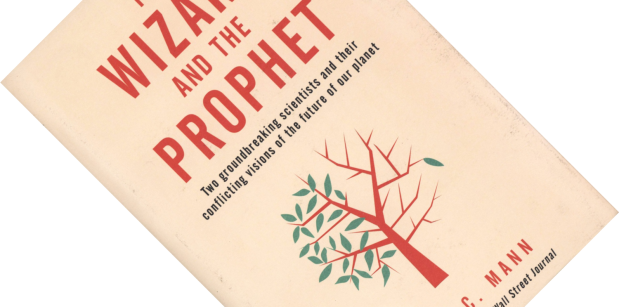8-minute read
Growth as a process is ubiquitous. It is the hallmark of every living organism. It motivates much of what we as humans do, as often unspoken as it is outspoken. It is the narrative lens through which we examine societies and civilizations past and present. And it is the altar at which economists worship. You would think that nobody in their right mind would write a book that tries to encompass all of the above. Leave it to a deep thinker such as Vaclav Smil to prove to you otherwise.

